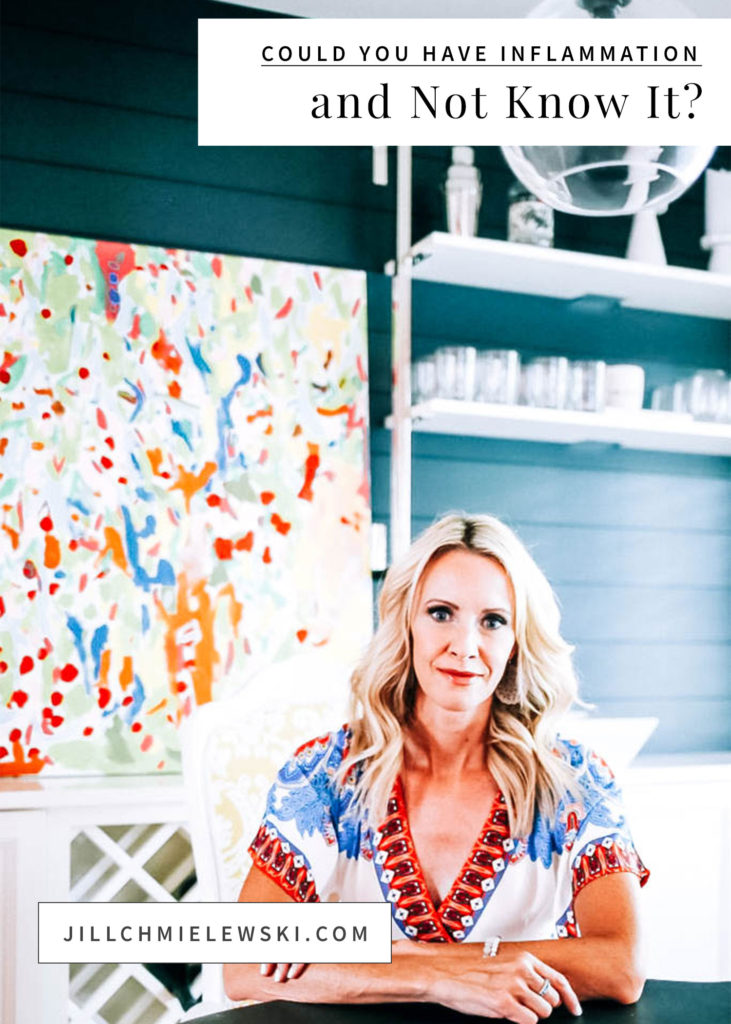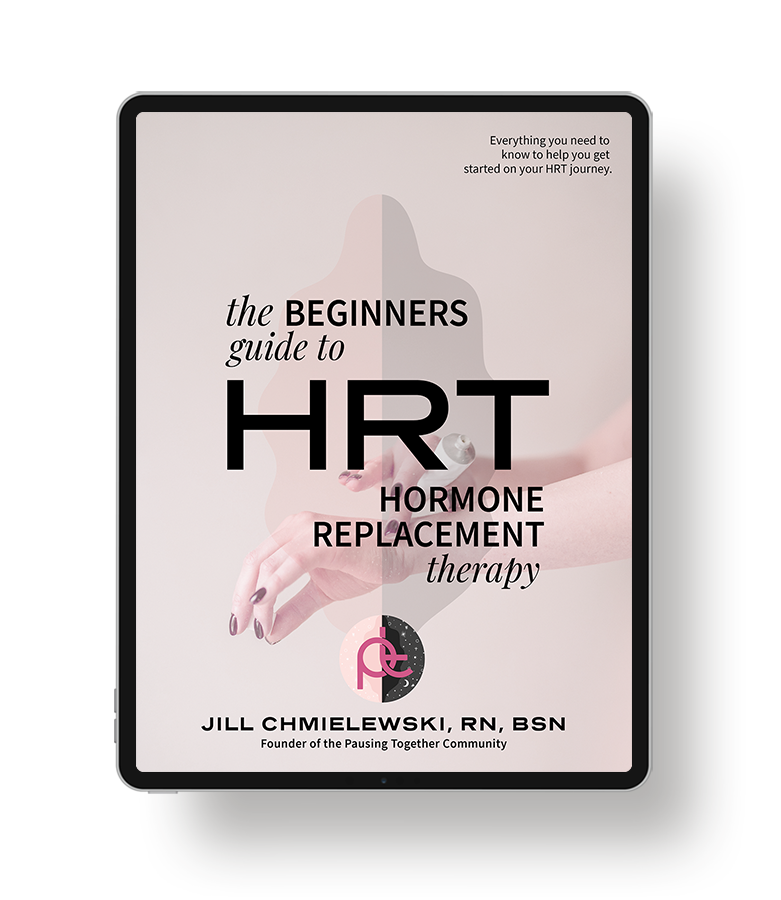
The word “inflammation” has been in the headlines since the start of the COVID-19 pandemic. This virus (like other viruses) causes an inflammatory effect in the body ~ specifically in the lungs, which is why COVID-19 patients experience things like shortness of breath, poor oxygenation, and lung cell damage.
One of the reasons that older patients and patients with underlying medical conditions suffer more significant symptoms is because they tend to have a relatively higher level of inflammation to begin with. Add COVID-19 to the picture, and it’s the perfect setup for a massive inflammatory storm.
I’ve received questions from clients and friends asking why then so many patients with no apparent underlying illness (whom you would expect to experience mild symptoms) end up with moderate to severe respiratory symptoms.
The 44-year-old marathon runner with no KNOWN medical conditions.
The 21-year-old college athlete with no KNOWN medical conditions.
The 30-year old medical doctor with no KNOWN medical conditions.
While we don’t know the facts behind these individual patient stories, one thing is for sure: Inflammation isn’t always obvious. It is NOT something that we can necessarily see.
We’ve all read stories about a 42-year old dad who did CrossFit daily and dropped dead of a heart attack.
Or that friend who was “super healthy” only to be diagnosed with cancer “out of the blue.”
Alzheimer’s disease involves inflammation of the brain. But you can’t see it when you look at someone.
I’ve had issues with chronic Epstein Barr Virus (EBV) on and off for years, but you wouldn’t necessarily know that from looking at me.
Again, inflammation isn’t something that you can necessarily see with the naked eye.
We are a society that is highly inflamed.
While some medical issues that cause inflammation are out of our control, unfortunately, we tend to do things that feed into inflammation:
- We eat sugary foods.
- We eat heavily processed nutrient-devoid, poor-quality food.
- We are stressed 24/7, and we don’t manage it well.
- We cut into sleep (huge feeder for inflammation).
- Nearly 40% of us have blood sugar issues (a significant contributor to inflammation).
- We sit all day long.
- When we exercise, we insist on doing hard-core exercises that produce an excess of inflammatory molecules.
- We are exposed to toxins in the air, our food, our environment, our personal care products, and our household items and cleaning supplies.
- We self-medicate with stimulants to get through our day and depressants to fall asleep at night.
- We ignore subtle symptoms until they become a full-blown diagnosis.
So, what should you do if you suspect inflammation?
1. Take a look at the everyday choices you make and start to make tiny edits toward choices that support a healthy body that will lower inflammation.
Eating high-quality food, reducing toxins, managing stress, sleeping eight hours consistently every night, and exercising/moving in a way that supports your body ~ this is what you can focus on right now.
2. Listen to your body
Symptoms are your body’s way of telling you that something needs your attention. If you have a headache or digestive issues for a few days or a couple of weeks, it’s probably no big deal. But if you’ve been bloated for three years, it’s time to see a functional medicine practitioner.
3. Seek out a functional medicine practitioner who can order blood tests that specifically provide information about inflammation.
Most of today’s chronic diseases can be prevented or reversed, but you have to know that you are at risk. I hate to say it, but your everyday doctor probably isn’t going to order the right panel of tests to properly identify inflammation or interpret your lab results using optimal ranges. And even if they do find blood markers that indicate inflammation, they tend to treat the inflammation with a pop of a pill rather than getting to the root cause of the issue.
Tests for inflammation include things like a white blood cell count, a C-reactive protein, a ferritin level, blood sugar markers, vitamin and nutrient testing, hormone testing, viral testing, and more! Well-trained functional medicine practitioners are highly skilled at looking at the BIG picture and have the knowledge to customize lab orders for your unique needs.
I cannot say enough about the incredible functional medicine practitioners at Parsley Health who offer virtual memberships to patients. I consider myself a pretty healthy gal who knows a TON about functional medicine AND I practice what I preach. My doctor at Parsley Health has helped me take my health to a whole new level! And for the first time in years, my Epstein Barr markers have finally come down. That’s good news because chronic viral activation is a primary feeder for inflammation in the body.
This pandemic has been a tragedy for all of us. My hope is that we come out of this with an appreciation for our health and a newfound commitment to making our health a priority.





